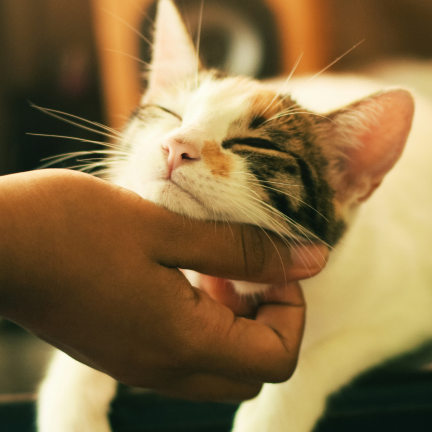Blog:The Hidden Dangers of Pet Dental Issues

Pet dental health is much more critical than most pet owners realize. It is not just about maintaining pearly white teeth; it's about ensuring your pet's overall health and longevity. Poor dental hygiene can lead to various health issues, including pain, bad breath, loss of appetite, and even behavioral changes.
Hidden Dangers of Pet Dental Issues
The hidden dangers of pet dental issues go far beyond bad breath and stained teeth. They can lead to severe health consequences, many of which can be life-threatening. One such danger is the risk of oral infections. If your pet's dental issue is not addressed promptly, it can lead to a widespread infection, causing immense pain and discomfort.
Another hidden danger is the risk of tooth loss. Severe dental diseases can damage the tooth structure, leading to loose or lost teeth. Imagine the discomfort your pet would experience while eating or playing. They might also lose their appetite, leading to weight loss and other health complications.
Lastly, dental issues in pets can lead to systemic diseases. The bacteria from the oral cavity can enter the bloodstream and travel to the heart, liver, and kidneys, resulting in serious illnesses.
Common Pet Dental Issues
Understanding common pet dental issues is the first step towards preventing them. The most common dental problem in pets is periodontal disease, which is an inflammation of the tissues surrounding the tooth. This is caused by plaque build-up and can lead to tooth loss if not treated.
Another common dental issue in pets is tooth decay or cavities. Just like in humans, this happens when bacteria in the mouth produce acids that eat away at the tooth enamel. If left unchecked, this can lead to severe tooth pain and loss.
Pets can also suffer from broken or fractured teeth, usually as a result of chewing on hard objects. This condition is not just painful, but it can also lead to infections if the pulp inside the tooth is exposed.
The Role of Regular Veterinarian Exams in Preventing Dental Issues
Regular veterinarian exams play a significant role in preventing dental issues in pets. Your vet can spot early signs of dental diseases that you might miss and provide timely treatment. They can also perform professional dental cleanings, which are necessary to remove plaque and tartar build-up.
Veterinarians can also educate you about proper dental care techniques and products. They can guide you on how to brush your pet's teeth, what kind of toothpaste to use, and how often to do it. This knowledge is crucial in maintaining your pet's oral health.
These exams can also help detect other health issues that might be affecting your pet. Remember, dental diseases can often be a sign of underlying systemic diseases. So, regular check-ups can ensure your pet's overall health.
Identifying Dental Issues in Pets
Identifying dental issues in pets can be challenging, primarily because they cannot voice their discomfort. However, certain signs can indicate a potential dental problem. These include bad breath, yellow or brown teeth, swollen gums, difficulty eating, drooling, and behavioral changes.
If you notice any of these signs, it's crucial to consult your vet immediately. Timely intervention can prevent the dental issue from progressing and causing further damage.
Treatment Options for Pet Dental Issues
Several treatment options are available, depending on the severity of the problem. These include professional cleaning, tooth extraction, root canal treatment, and even dental surgeries.
The key is to consult your vet promptly and follow their advice. And remember, the best treatment is prevention. Make sure to keep up with your pet's dental care routine.
Protect Your Pet’s Oral and Overall Health Today
Pet dental issues are more common and dangerous than many pet owners realize. They can lead to serious health complications, affecting your pet's overall well-being. But with regular dental care and vet exams, these issues can be prevented. As a pet parent, it's your responsibility to ensure your pet's dental health. Make sure to stay informed and take proactive steps to protect your furry friend's smile.
For more information on the hidden dangers of pet dental issues, contact Town and Country Animal Hospital at our office in Bonita, California. Call (619) 479-3311 to schedule an appointment today.



